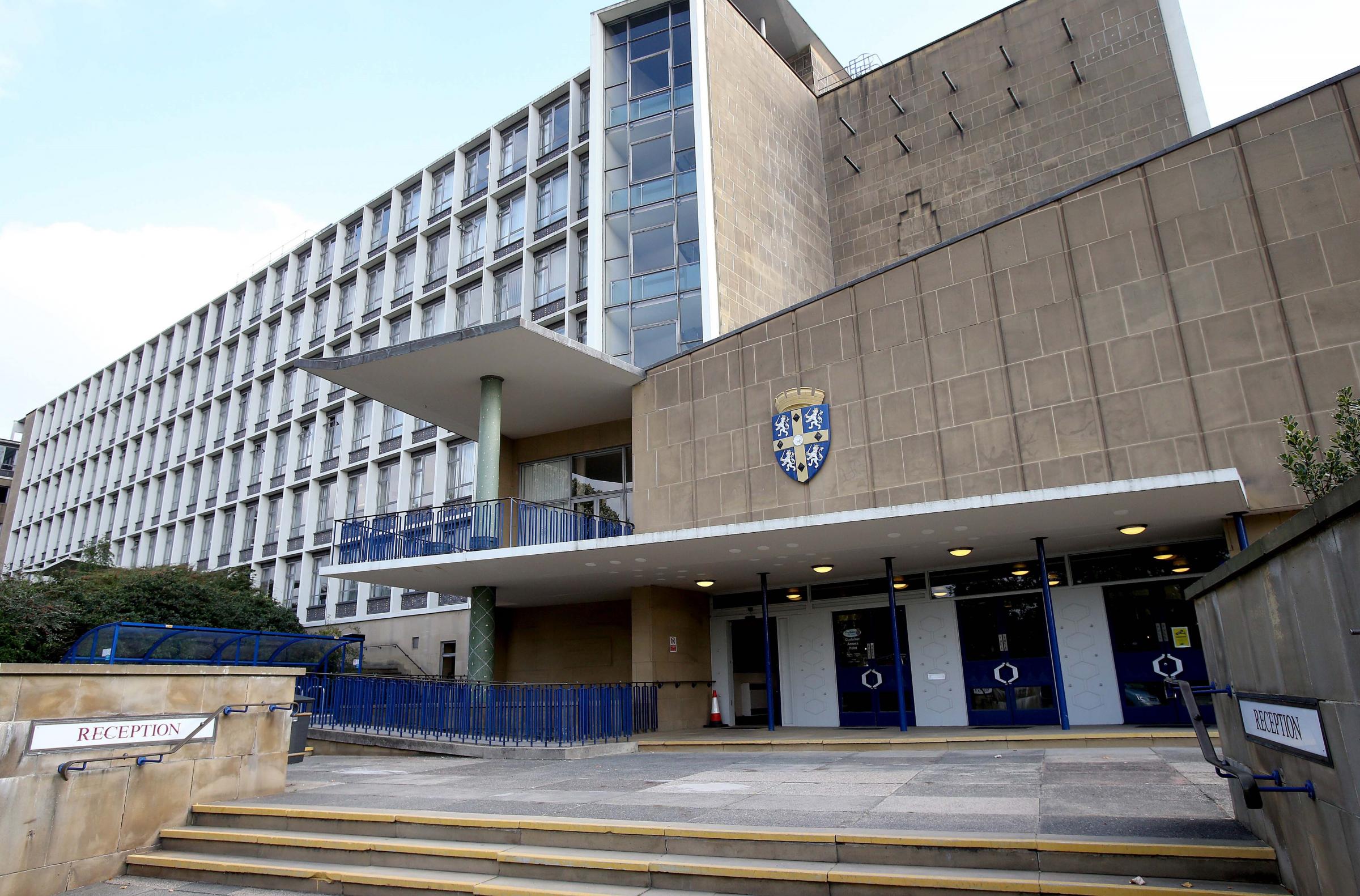Councillors will next week discuss the progress of schemes to help tackle inequalities in County Durham and decide on the future approach for supporting vulnerable residents and their families.
Members of Durham County Council’s Cabinet will discuss the action taken so far to alleviate poverty across the county, the impact of coronavirus and how best the council can support low-income households in the future.
Councillors will hear about the work of the Poverty Action Steering Group to support financial inclusion, directed by its countywide Poverty Action Plan.
The council’s Poverty Action Plan was approved by Cabinet in September 2019 to support lower-income households facing increasing financial pressures as a result of the Government’s welfare reforms and longer-term challenges in the labour market.
Since then, in response to further welfare reforms and the coronavirus pandemic, a number of national policies have been updated and reflected in the work of the Poverty Action Steering Group, including the temporary “uplift” to Universal Credit and Working Tax Credit, the furlough scheme and the introduction of the Kickstart job placement scheme for young people.
Cabinet will hear about the key interventions put in place to help individuals and communities to move out of poverty, and to access the support they need, including those which support people to access well-paid employment, training, welfare support, housing and food.
They will also hear about the work the council, and its partners, have undertaken to help households facing financial pressures as a result of the coronavirus pandemic, including:
- Administering more than 2,500 Test and Trace Support Payments, totalling almost £1.3million to people on low incomes who were unable to work from home and had lost income due to self-isolating.
- Progress in recruiting to eighty-one available job placements across the council, as part of the Kickstart Scheme, which funds job placements for young people, aged 16 to 24, claiming Universal Credit and at risk of long-term unemployment.
- Distributing food hampers and food vouchers to vulnerable families, including more than 101,100 vouchers, worth £20 per child per week and covering the school holiday periods, providing support to over 21,000 0-to-19-year-olds across the county.
- The Household Support Fund, which will see more than £4.6 million used to support the county’s most vulnerable families with food, energy and water bills, as well as essential costs such as winter clothing and school uniform.
- Administration of 655 applications for a £35 grant towards winter coats and/or school shoes.
- £2,383,860, allocated by the Department for Education, which the council used to co-ordinate and deliver free holiday activities and healthy food for children eligible for free school meals during the Easter, Summer and Christmas holiday periods in 2021.
- Encouraging families to claim help towards the cost of buying milk, baby milk and vitamins, and to access free vitamins, through the Healthy Start Scheme.
- An extension of its Council Tax Reduction Scheme, which reduces council tax bills for those least able to pay, and support totalling around £0.17 million of council tax reductions in 2020/21 specifically for young people leaving council care.
- Support given to more than 3,500 households, which contacted the council’s Housing Solutions team between July to September 2021, to request help with housing issues and homelessness.
- Over £10 million of grant funding issued for insulation and renewable heating measures in 600 fuel poor homes across County Durham, and assisting 1,724 fuel poor households to receive a grant for energy efficiency measures, equating to more than £2.9 million of external funding.
- Assisting almost 800 low-income households collectively to reduce their energy bills by £65,800, between April 2020 and August 2021.
- Efforts to reduce the cost of the school day, including making school uniform more affordable and a new requirement for all schools to make second-hand uniform available to parents.
- £2.9 million allocated over the last 21 months, to almost 300 community projects combatting the effects of coronavirus.
- Grants of £50,000 to Durham Foodbank, £2,700 to East Durham Trust, and £250,000 to the That Bread and Butter Thing project, to ensure low-cost food is available to those most in need.
- Continued work with the County Durham Together Community Hub to proactively support residents and businesses, including 70,000 people identified as potentially vulnerable during the pandemic.
- Helping hundreds of residents into employment, through various programmes, including more than 600 participants who found work through the Durham Advance scheme, and 5,830 people aged 16 to 24, who were helped into work, training, education and volunteering opportunities by the DurhamWorks programme.
Cllr Alan Shield, the council’s Cabinet member for Equality and Inclusion, said: “Many households in our county were left facing greater financial uncertainty following the coronavirus pandemic and providing support for vulnerable residents is a key priority for our council.
“During the pandemic our efforts to address and alleviate poverty increased significantly but there is still much to do.
“Vouchers to the value of £20 per child each week are being provided for children receiving Free School Meals during the Christmas holidays, while new dispersion hubs to provide low-cost surplus food are to be progressed across County Durham.
“Looking forward, we will continue to work closely with our partners, to support households through co-ordinated advice and guidance, to ensure no resident is left behind.
“This will include helping residents to move away from having to access food through crisis intervention support such as food banks, working with key providers such as the credit unions to improve access to low-cost loans and supporting work to address fuel poverty and digital exclusion.”
The Poverty Action Plan is currently being reviewed, in line with the most up-to-date data and intelligence, and the Poverty Action Steering Group aim to present an updated plan to Cabinet for consideration in March 2022.
Cabinet will meet virtually at 9.30am on Wednesday 15 December. Members of the public can view the meeting on the council’s YouTube channel at www.youtube.com/DurhamCouncil










